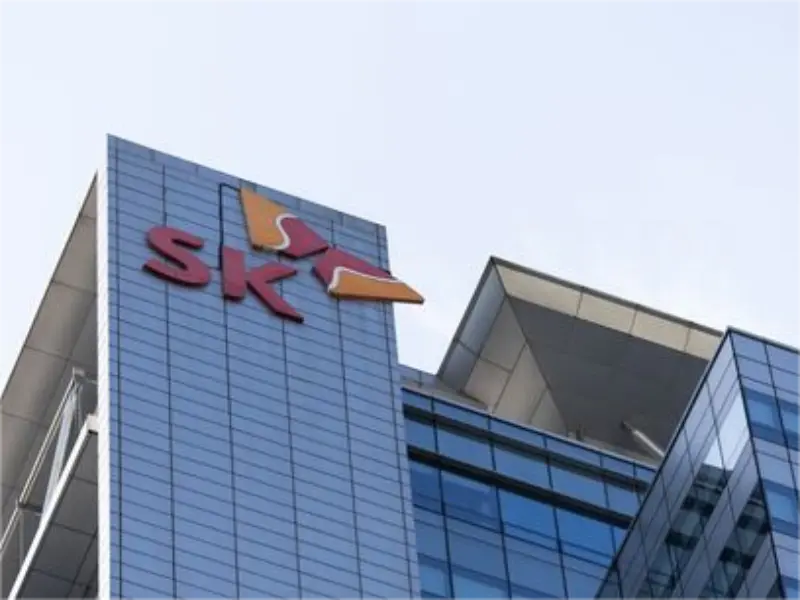- SK Hynix doubled its quarterly sales to $11.9 billion, beating expectations due to robust demand for its AI chip technology.
- The company announced investment plans, including $15 billion for facilities in South Korea and a $3.9 billion AI research centre in Indiana.
OUR TAKE
SK Hynix has shown a remarkable financial performance this quarter, with revenues reaching $11.9 billion, exceeding the expected $11.7 billion. This success is largely due to the company’s dominance in the AI hardware market, particularly in high-bandwidth memory chips, which are critical for AI processing. The company’s strategic collaborations and advanced product offerings have not only strengthened its market position against competitors such as Samsung and Micron, but also positioned it well amid geopolitical and market uncertainties. In my view, SK Hynix’s expansion and willingness to capitalise demands demonstrate a forward-thinking leadership that could very well influence the competitive landscape, ensure its market dominance and potentially set new standards for technological innovation in the global arena.
–Heidi Luo, BTW reporter
What happened
SK Hynix, a leading South Korean semiconductor company, reported a significant increase in quarterly sales to $11.9 billion, up from the $11.7 billion forecast. . Operating profit also rose to $3.98 billion, beating expectations of $3.81 billion.
This strong performance can be attributed to the company’s leadership in AI hardware, particularly through its collaboration with Nvidia to develop chips for AI applications.
The company’s success this quarter can be attributed to the robust demand for AI technologies, where SK Hynix has excelled in supplying high-bandwidth memory, which is essential for AI processing.
This technological edge has allowed SK Hynix to secure a substantial market share and almost fully book its production capacity until 2025, which reinforces its dominance over competitors such as Samsung Electronics.
SK Hynix’s latest financial report has eased concerns that investment in AI technology could slow due to US restrictions on technology exports to China and a potential reduction in data centre spending. This success helped SK Hynix’s share price rise 47% since the start of the year, in line with broader gains in the AI sector.
Also read: Malaysia becomes semiconductor hub amid U.S.-China chip tensions
Also read: Samsung snags startup Oxford Semantic for smarter devices
Why it’s important
However, the market showed signs of volatility last week as investors reassessed future growth amid potential economic policy changes and the upcoming US presidential election. Morgan Stanley recently lowered its investment recommendations for AI chip companies, including SK Hynix.
SK Hynix is planning to invest heavily to meet the growing demand for high-end chips, allocating some $15 billion for development in South Korea and an additional $3.9 billion for a new advanced packaging plant and AI research centre in Indiana. The company is also ramping up production of its leading-edge HBM3E chips and is negotiating long-term contracts with several customers.
“SK Hynix’s Q2 operating profit margin could reach 37-40%, helped by rising prices for DRAM and NAND chips, similar to Micron’s recent 20% price hike. The company expects shipments of these chips to rise in the Q3 due to seasonal demand, with expanded production likely to boost sales later in the year,” said Masahiro Wakasugi of Bloomberg Intelligence.

